Can print take advantage of the plastic ban? - The Noel D'Cunha Sunday Column
The Maharashtra government has imposed a ban on use of plastic from 18 March 2018. The reason: Take a walk to any public space like a beach or a park in Mumbai city, and you will see carelessly discarded plastic detritus. Worse are the disposable plastic bags. Invented in the 1960s, it made life easy for shoppers but without a proper disposable mechanism, it has ensured that they become a scourge after its first use. Reduced thickness has only added to the woes.
In 2006, following the Mum
30 Mar 2018 | By Noel D'Cunha

Surely it is an opportunity for those who print on paper and board. But there are a lot of printing firms out there who print on materials that are banned now. It will impact them, which is a worry.
At BMPA we have been highlighting paper is green for a long time. We have, in fact, recently written to the concerned ministry drawing attention to the fact that paper is green and that this negative campaign by electronic/digital media is not correct. We also have highlighted this on BMPA social media feeds. We will continue to push this message.
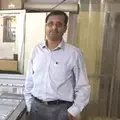

I am not against plastic usage ban; I welcome it. Reducing the usage of plastic is a good step for a better environment. However, please note that many small businesses are dependent on these materials for their livelihood. One will always accept that the highest employment providers in the country are SMEs. I would call them as urban farmers, who are self-dependent. Now, an abrupt ban like these will certainly impact many lives. SME investments and loans taken for machinery can’t be serviced. A stressed out sector already burdened by GST and note ban, now face closure.
My point here is, let the government give time to these SMEs time to get ready with alternates, provide them interest-free loans, write-off loans that were taken for plastic making and printing machines.
France was the first country that has banned plastic bags. No doubt it was successful and other countries are following them. In India plastic bags have become intrinsic to our daily life. As a result, many SMEs mushroomed. The entire retail sales revenues depend on it. Moreover, how can you change consumer behaviour overnight? In my opinion, the government must provide alternate material within six months, if not it’s a futile exercise.
Coming to the direct question on the opportunity for paper and paperboard units in Maharashtra, why only paper, we can even look at denim, jute, canvas, water hyacinth etc...
No doubt, the paper is eco-friendly, lightweight, easily foldable, no harmful chemicals, but paper alone can’t replace plastic usage as it carries its own disadvantages for regular hop-jump and roll usage.


This move is a boon to the paper industry. As paper is one of the ideal substitutes you can think of to the plastic and it can be recycled easily.
This plastic ban will spike use of paper. Therefore, there will be deforestation, and to fill-up, afforestation will need a serious look.
All I can say is that it’s good news for nature, and the impact on the environment will be reduced to some extent. The ban is certainly a good opportunity for both the printers and paper manufacturers. The ban has given an opportunity to the players in the industry to drive the message – paper is green.
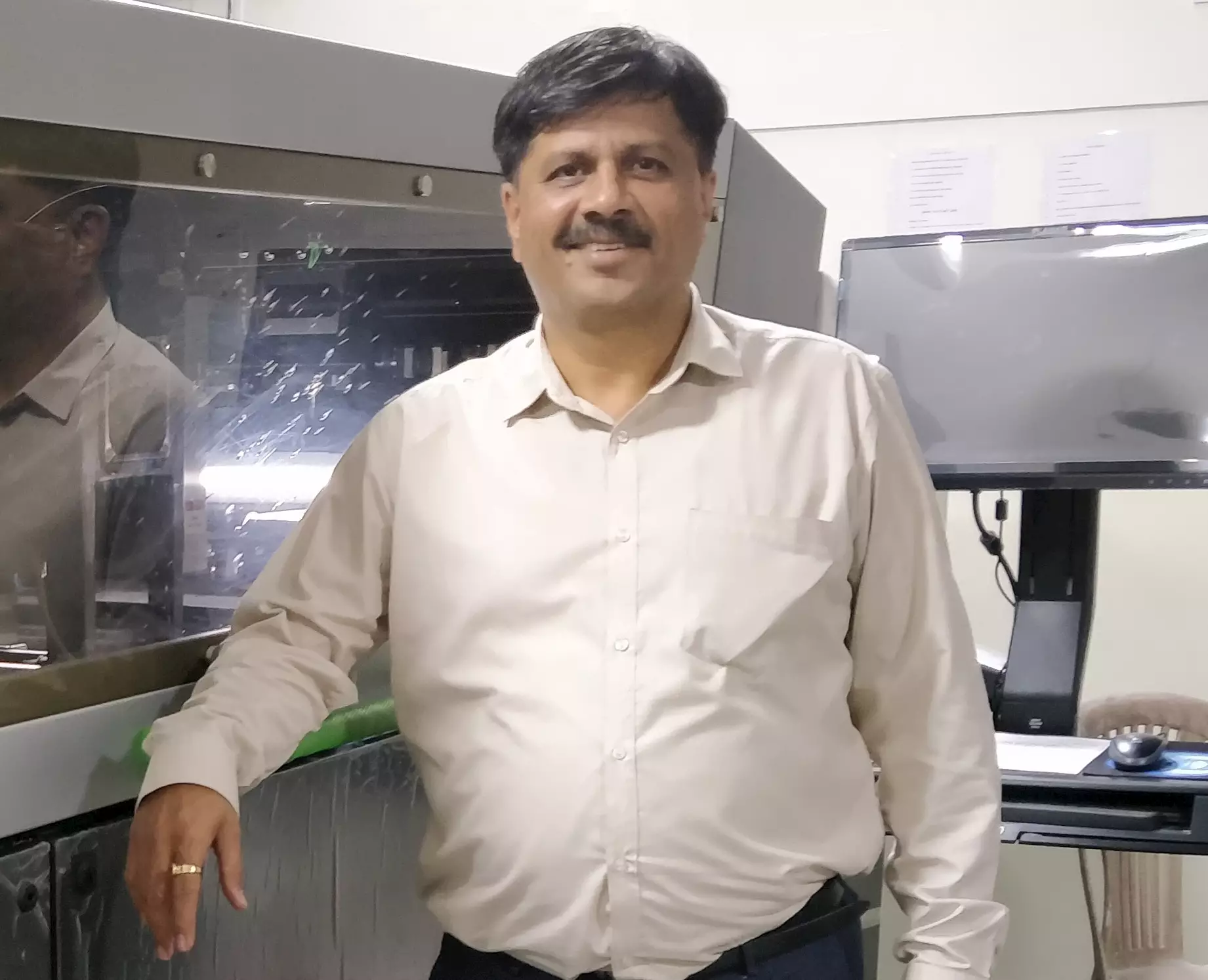
Printing associations will support the ban, as this will help in living conditions and more opportunities for the present print businesses.
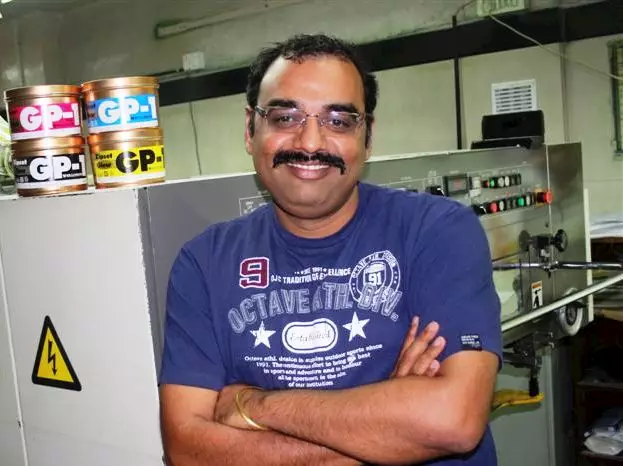
When plastic was invented, the world population would have been around 10 crores. At that time, man didn’t need plastic for their day-to-day needs. Today with around 800-crore people, we will need plastic. However, the need or utility of plastic has to be strict to necessities like distribution of milk and oil. So in short, keep it simple and use plastic to a bare minimum.
I guess, with the plastic ban, all high-end packaging will end. So, there's a big opportunity for innovation. At Drupa, I saw a paper coating which allowed you could deep-fry food items on a gas.
This is a great opportunity for the entire paper industry to stand up and take the challenge of innovating something that is appropriate and sensible in every way. Just shifting to paper bags will be pointless if the bags are printed using a lot of ink. When a newspaper is recycled, the insoluble ink has to be separated and that amounts to huge non-biodegradable waste. So I would urge caution in branding overkill on paper bags and boxes. Let us practice minimalist attitude when it comes to embellishments.
#paperisgreen only if there is no overdone print or finish or coating on it. I hope the magnitude of urgency is understood and given due respect unanimously. I hope all of us including designers, marketeers and print/ packaging converters exercise our responsibility towards the future.

Yes, the ban will be an opportunity for paper and paperboard units, but, I think we will see paper bags replacing plastic bags. Anyone in this chain should benefit.
#paper is green# message is strong. Don't think the print associations need to highlight it. Paper as a relatively eco-friendly option to plastic is already well established. The government has done the job for the associations by announcing the ban.
The ban is good for the environment. Handmade paper bags used in the 80's will be back in focus.
Is this an opportunity for paper and paperboard units in Maharashtra? Not necessarily. They already exist. Production capacity may increase, although other adjoining states would meet the demand. Going forward, recycled and FSC certified papers would be the next message.
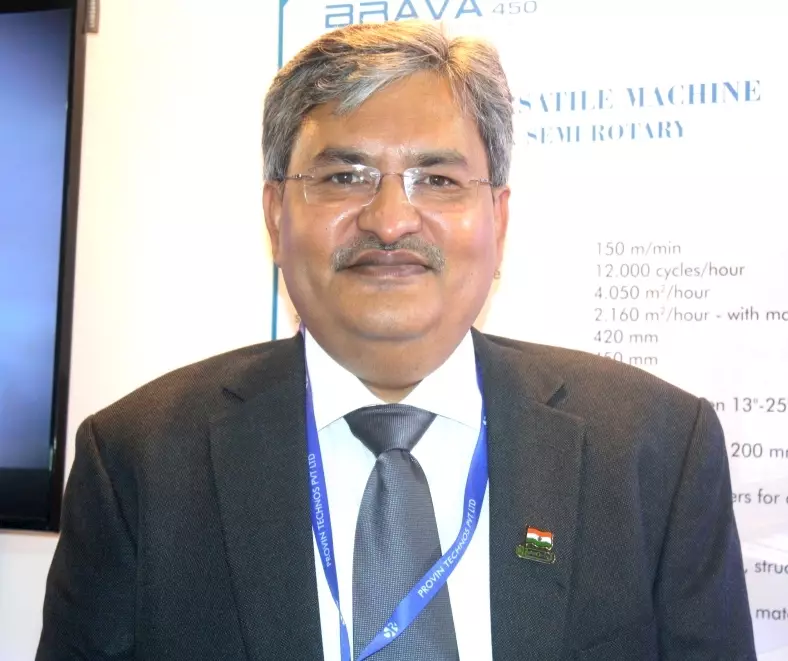
I am, however, not sure how much the impact will be although the initial reaction from printers is adverse. On the other hand, innovative printers will gain.

You cannot replace plastic with paper and paperboard. Use of paper is not environmental friendly. You need to sacrifice a lot of trees. At the same time you can’t replace plastic with paper totally. Maybe some part can be replaced with paper. Therefore, partially this may look like an opportunity for paper and paperboard units in Maharashtra.
From the printing association point of view, the ban on plastic will have adverse effect on printing volume and I am sure our association will send communication to government of Maharashtra to reconsider the decision not to ban the plastic but to find a solution to recycle the plastic by engaging local bodies to manage collection of plastic waste.
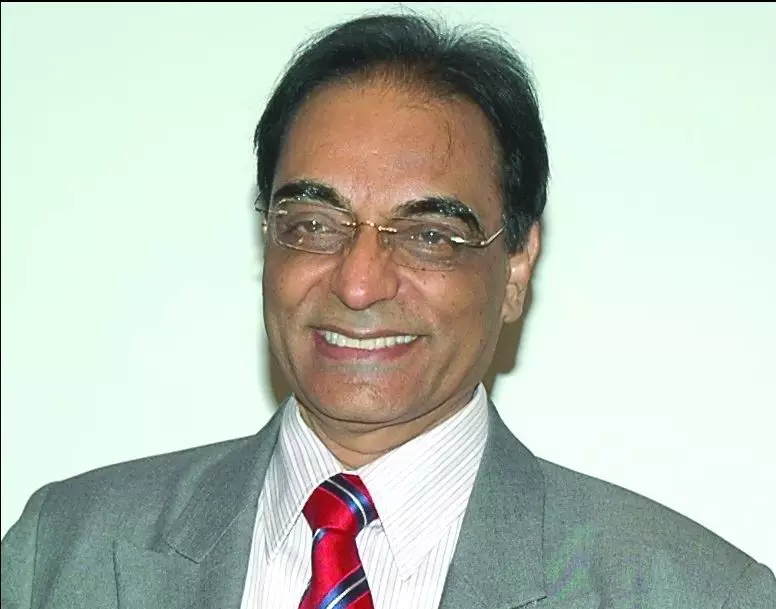
Yes, there's a tremendous opportunity for paper and paperboard units in Maharashtra, both in terms of improving quality like the burst strength, odour and moisture or water resistant using water-resistant aqueous coatings, making sure that the smell of the adhesive along with its bond strength are internationally accepted. Graphic designs are incorporated for branding, etc. with innovation in robustness for usage and designs.
I hope that old newspapers are not used for food packaging at the kirana shops or other shops as this would reinforce the carcinogenic issues for humans. Moreover, Maharashtra especially, Mumbai, has always been a trendsetter in packaging materials. So let this be seen a challenge to meet the crisis with an innovation.
In my opinion, associations are very responsible, intelligent and challenge-hungry capitalisers of opportunities. I am sure the associations collectively, responsibly and with pride will be the first to face the challenge for the society and environment at large. This will be an innovation delight. I only hope we don't deplete forest resources in the name of innovation and challenge.

Maharashtra and particularly Mumbai being densely populated will be one of the first cities to take such steps. With many more states to follow the packaging industry is up for some changes in the ways packaging was being done.
Many Industries may benefit with these changes taking place. Paper and paperboard will surely benefit. Paper bags, paper cups, innovative paper plates apart from other packaging materials will get a boost.
Corrugation industry has seen a substantial growth in last few years. With these changes, the growth is set to rise further.

Show me one country which has a plastic ban policy like this one? Even the African countries and China, which have the ban on specific plastic products, do not have a complete ban.
Most of the developed countries are the ones who manufacture and use plastics, but they also have a robust recycling mechanism. Australia recycles 60-70% of its plastics followed by Germany and other European countries. Some countries have increased taxes on plastic bags, and those have seen 90% reduction in its usage.
You can impose a ban on plastic bags, but things like plastic spoons, plates, and one-time-use products, is just not done. How can you ban plastic altogether? Does this mean, this monsoon there will be no raincoats to shelter you from rains? This is just one of the examples.
From the flex point if view, I can tell that you will not find a single square-meter of flex on the roads. It’s perhaps the most reused plastic-based material. Flex can be used to produce raincoats and bags. People use it on rooftops during monsoon, while some use it as floorings.
I don’t think the Maharashtra government has done any study on the impact of the ban. There’s hardly any alternative to the things under the plastic ban, nor the mechanism for recycling plastic. Just collection centres for plastic products exempt from the ban will create more nuisance. Take the milk pouch for example. There will be an unbearable odour from the rotting milk in the bags/pouches collected.
Further, there’s a huge sum of investments that have gone in manufacturing plastic products. What happens to that? How will the plastic manufacturers be compensated? The owners and those working in the factory will be affected. Where will they go, after having invested so much?
Ban everything that is wrong, but after doing a thorough study of its impact. Let there be uniformity across the nation. It should be a gradual process, well-thought out in terms of compensating those who are affected by the bans, and of course, adequately implemented.

The world cannot be seen plastic-free as long as they see a larger benefit for themselves or a better alternative. Environment sensitivity is a bit too far from us even when it is knocking our door much closer than other nations. It can be addressed with some innovative and creative alternatives developed from bio-degradable materials like paper etc.
The Maharashtra government wants to implement this in stages, giving exemption to milk pouches, PET bottles, garbage bags and some other plastic products from the ban. The government has decided to exempt plastic being used as an integral part of packaging products including medicines, solid waste management, and agriculture products. It also means garbage bags will not be banned. It has exempted all plastic sheets of 50 microns or more used as covers in plant nurseries, milk pouches, and PET bottles.
The success of ban will depend upon its implementation both by the user and government agencies. It is to be seen how the Maharastra government implements it. But, it is a huge opportunity for paper, paperboard, and other alternative material to develop something sustainable to replace plastics from all or most of its use. Unless a good alternative is developed and given with mass scale deliveries, it will be difficult for any government to sustain a long-term campaign against plastic.
"Bhau saheb, kapade ki thaili kharid lo, jo hamare parents use karte the" - app Maharashtra me ho.

The current decision to ban plastics is an opportunity to both cloth bags as well as paper bags. This should also enable paper cup usage over plastic cups used in millions for serving tea and coffee on the streets of Mumbai. The need of our times is to use materials that are biodegradable and will disintegrate into the soil rather than articles that will contaminate the system for decades to come.
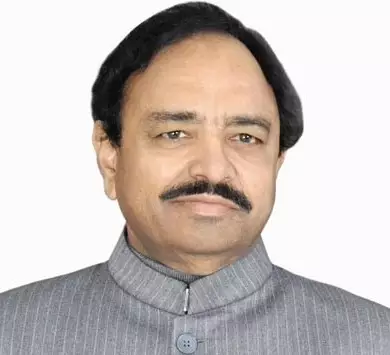
Plastic bags have a bad reputation and with good reason. It takes centuries for one to dissolve after ending up in a landfill, while paper decomposes much more faster and quite quickly. In fact, according to a survey, plastic bags do not biodegrade at all, so you would have to wait for UV rays to destroy it, which can take anywhere from 500 to 1,000 years or more. Paper is completely biodegradable and environmentally friendly.
It’s an excellent opening for paper and paperboard units in Maharashtra because with this ban paper bags is only replacement.
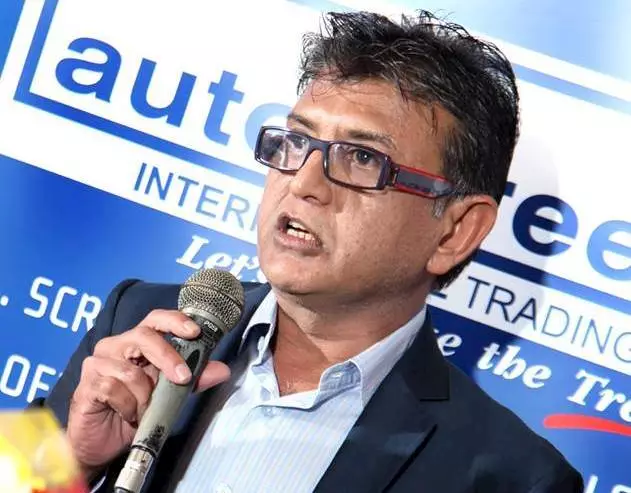
But why the environment-friendly bags are not used within India as much as possible, because plastic and now non-woven are dominating the minds of people. So, in a nutshell, a ban on plastic in Maharashtra or whole of India, will propel demand for paper packaging, whether it is viable or not, whether it would mean cutting more trees or not… somebody’s loss is somebody’s gain! It’s something that happened to natural fibre (cotton and silk) versus man-made-fibre when it comes to clothing.
Yes, it will benefit paper and paperboard units in Maharashtra and paper and paperboard manufacturers across India, o even it may even propel the growth of import of these products. As I said, paper or plastic or its alternative, when it comes to the printing industry as a whole, it does not matter as printing industry will have jobs to print on.
If manufacturing and using plastic is a ‘sin’ environmentally, the paper may equally cause damage to environment somewhere down the line, as the total elimination of plastic would lead to a steep rise in demand for paper products. In such a scenario, there will always be two lobbies, one saying, it’s ‘bad’, and another says it’s ‘good’. It’s a tricky scenario. I feel both materials have their advantages and disadvantages when it comes to the environment. Good or bad, if a total plastic ban comes into force, there will be challenges and opportunities for both the plastic as well as the paper industry.


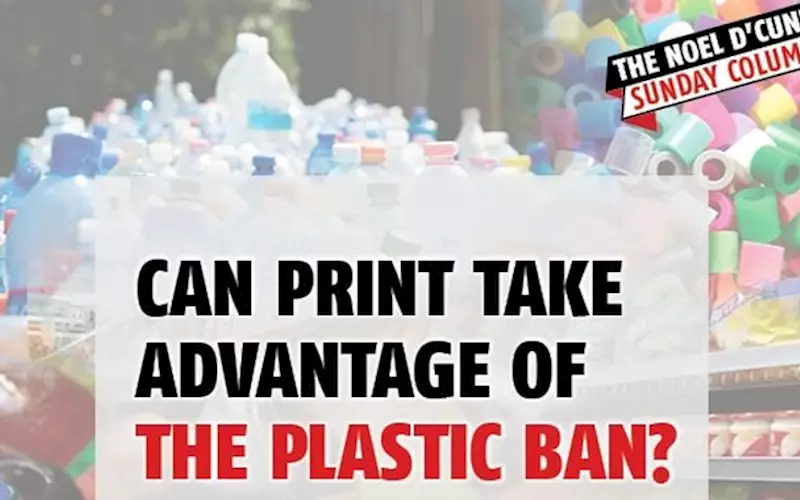
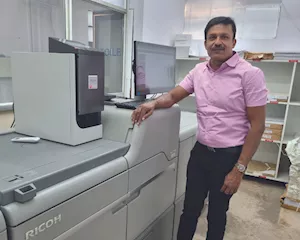
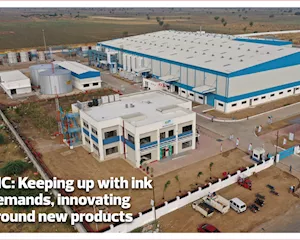
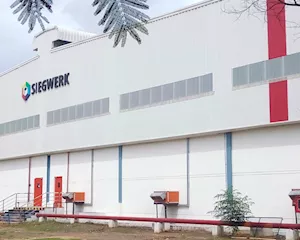
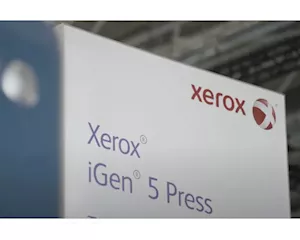
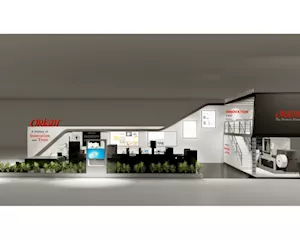






 See All
See All